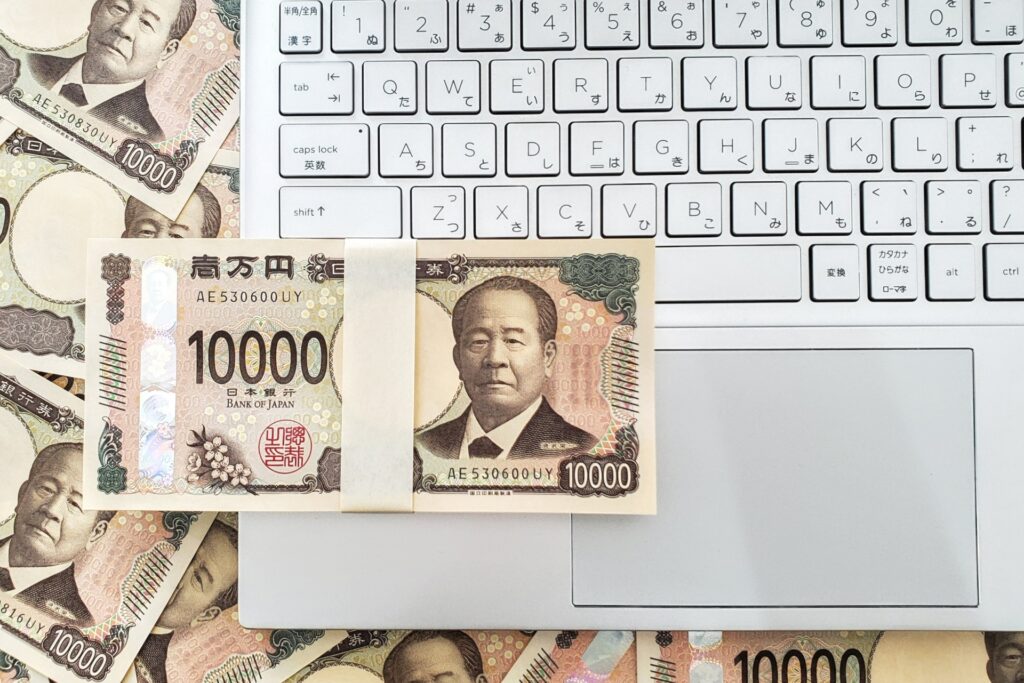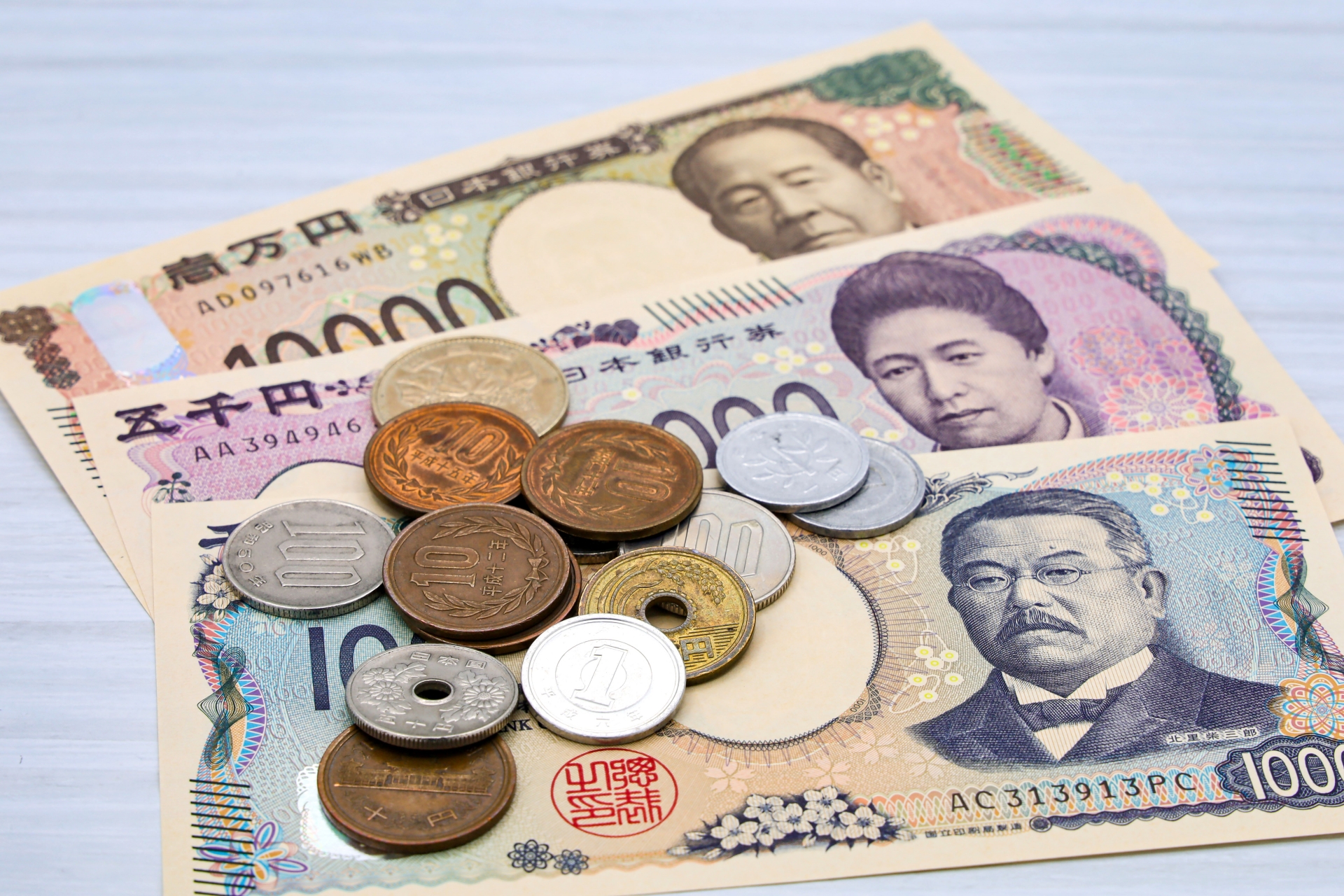The Japanese yen plays a crucial role in the global economy, impacting everything from international trade to investment strategies. Recently, it has been under intense scrutiny due to fluctuations and economic uncertainties. This article delves into the factors influencing the yen’s value, examines its impact on Japan’s economy and the global market, and provides insights into the future outlook of one of the world’s most traded currencies.
Overview of the Japanese Yen
The Japanese yen (¥) is one of the most significant and widely traded currencies in the world. Introduced in 1871, it replaced the complex system of the Edo period and became Japan’s official currency. The yen’s establishment was part of Japan’s modernization efforts during the Meiji Restoration. Over the years, the yen has played a crucial role in global finance, often seen as a safe-haven currency due to Japan’s stable economy and low inflation rates. Investors frequently flock to the yen during times of economic uncertainty, making it a key player in international trade and finance.

The Japanese yen is not just a medium of exchange; it represents Japan’s economic strength and is integral to international trade. As the third most traded currency in the forex market, it forms part of the currency pairs most actively exchanged against the US dollar, euro, and British pound. This role highlights its importance in global transactions, impacting everything from investment flows to international business operations.
Current Trends Affecting the Japanese Yen
In recent times, the Japanese yen has faced significant fluctuations, drawing attention from economists, investors, and policymakers worldwide. A key factor influencing these changes is Japan’s economic policy, especially regarding interest rates and inflation control. For decades, the Bank of Japan has maintained a near-zero or negative interest rate policy to combat deflation, which has led to a weaker yen. Additionally, global economic uncertainties, such as trade tensions, pandemic-induced slowdowns, and geopolitical conflicts, have further impacted the yen’s valuation.
Impact of Japan’s Monetary Policy on the Yen
Japan’s monetary policy plays a critical role in determining the value of the yen. The Bank of Japan’s (BOJ) commitment to low interest rates, as part of its strategy to stimulate economic growth and prevent deflation, often results in a weaker yen. This approach aims to make Japanese exports more competitive by making them cheaper on the global market. However, it also means that returns on investments denominated in yen are less attractive compared to those in higher-yielding currencies, thereby impacting the yen’s strength.

The BOJ’s quantitative easing measures, including large-scale asset purchases, have also influenced the yen’s value. By increasing the money supply, these policies can lead to depreciation. Historical examples, such as the “Abenomics” era, show how aggressive monetary policies have led to significant yen weakening, boosting export-driven sectors but also raising concerns about long-term economic sustainability.
Global Economic Factors Influencing the Yen
The yen’s value is not only shaped by domestic policies but also by global economic events. U.S. monetary policy, especially interest rate changes by the Federal Reserve, significantly affects the yen. For instance, when the Fed raises rates, the yen often weakens as investors flock to the higher returns available in the U.S. market. Additionally, international trade disputes and geopolitical tensions can prompt shifts in yen value as investors seek safer assets during uncertain times.
Economic Impact of Yen Fluctuations
Changes in the value of the yen have far-reaching consequences for both Japan and the global economy. A weaker yen benefits Japanese exporters by making their goods more competitive abroad, potentially boosting economic growth. However, it also makes imports more expensive, which can lead to inflation and reduced purchasing power for Japanese consumers. The balance between these factors is crucial for economic stability.
Effects on Japanese Businesses and Consumers

Japanese businesses, particularly in export-driven sectors like automotive and electronics, thrive when the yen is weak, as their products become more competitively priced in the global market. However, a weaker yen increases the cost of importing raw materials and energy, which can squeeze profit margins and lead to higher prices for consumers. On the consumer side, a weak yen can lead to higher costs for imported goods and services, affecting everything from food to technology products, thus impacting everyday living standards and consumer behavior.
Investment Strategies Involving the Japanese Yen
The fluctuations in the yen offer various investment opportunities. Investors often engage in forex trading, taking advantage of the yen’s volatility to generate returns. Another popular strategy involves yen-denominated bonds, which are considered safe investments due to Japan’s economic stability. Understanding market sentiment and geopolitical influences is essential for those looking to invest in the yen.
Is Now a Good Time to Invest in the Yen?

Market conditions and expert analysis suggest that yen investments should be approached with caution. While a weaker yen might attract forex traders looking for short-term gains, long-term investors need to consider the broader economic outlook, including Japan’s monetary policy direction and global economic conditions. Investors should assess their risk tolerance and market exposure before committing to yen-based investments.
Future Outlook of the Japanese Yen
Looking ahead, the future of the Japanese yen will likely be influenced by both domestic policy decisions and global economic trends. Japan’s ongoing struggle with low inflation and economic stagnation means that the BOJ is expected to maintain its accommodative monetary policy, which could continue to weigh on the yen. Additionally, the rise of digital currencies and Japan’s exploration of a digital yen could also impact the traditional currency’s role.
Conclusion
Understanding the Japanese yen’s fluctuations, economic impact, and future outlook is crucial for investors, businesses, and policymakers alike. As a key player in the global economy, the yen’s movements influence international trade, investment strategies, and economic stability. Staying informed about the factors driving these changes and being prepared for future shifts is essential for navigating the complex landscape of global finance.











